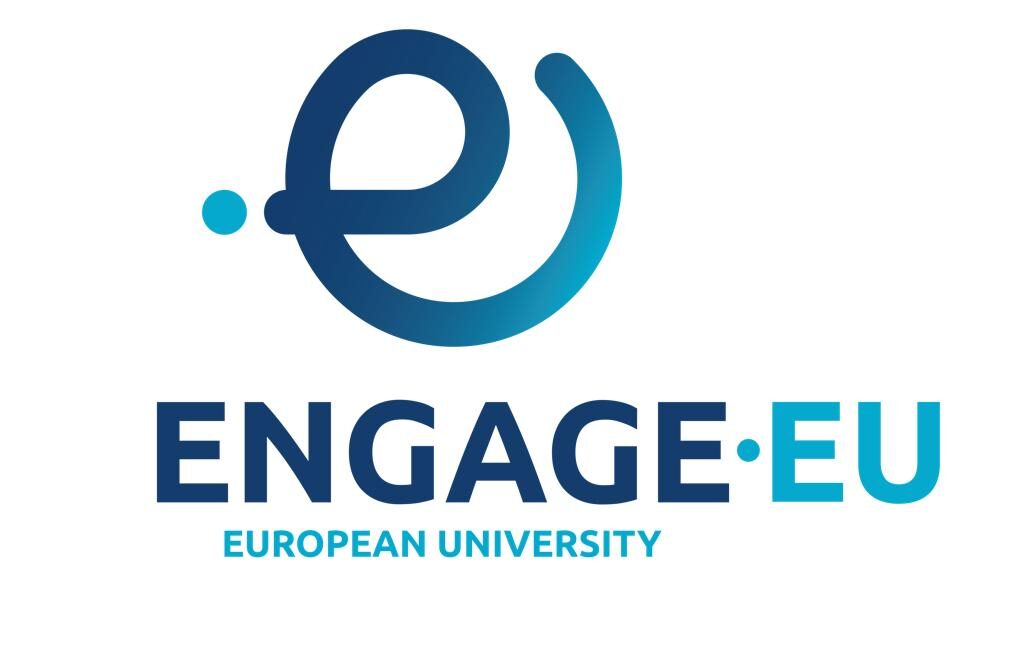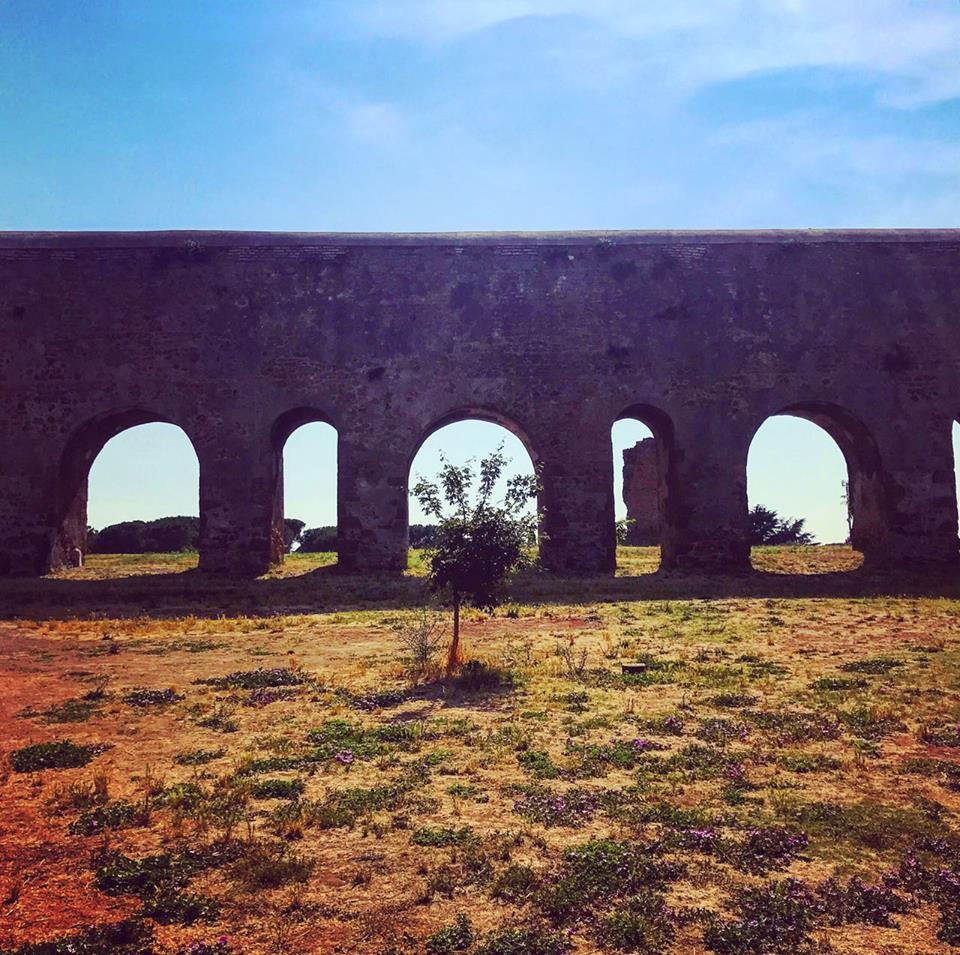Culture is increasingly assuming a strategic role in the development of communities and new forms of local economy. Moreover, thanks to culture, it has always been possible to change and overcome many barriers. Since 2005, the European Union has highlighted even more the potential of our cultural heritage from both a social and an economic point of view, adopting many documents and policies that go in this direction. A new approach has thus been promoted in cultural policies and in the management of cultural heritage, which provides for greater and more complete participation and cooperation by all stakeholders and stakeholders, on several levels. This has led to a broader definition of culture, which takes into account all its many dimensions and forms, and which places people and its strong social value at the centre. The Council of Europe Framework Convention on the Value of Cultural Heritage for Society signed in Faro in 2005 promotes this new way of conceiving culture and managing the cultural heritage to which Member States benefit: on the assumption that culture is a means by which to exercise one’s rights both as a man and as a citizen and at the same time a resource to be enjoyed, exploited and preserved, The Convention aims to promote and develop new models of participatory governance of cultural heritage.
In the work carried out during this year in the Co-District, culture has been given an important meaning: it has been experimented as an entry point, that is as a tool to trigger a process of involvement and action on specific fields of intervention, through which to implement policy strategies on the subjects of analysis or experimentation.
Many actions have been carried out by the Community for the Centocelle Public Park with the support of ENEA and LabGov for the preservation and enhancement of the cultural and archaeological heritage of which the Co-District enjoys: at first were organized workshops, during which some experts illustrated the history of the Park, which is an important archaeological asset, as well as environmental, for the neighborhoods that surround and for Rome.
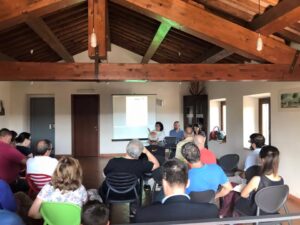
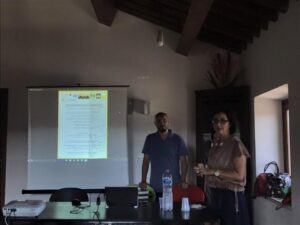
Also the activities of micro-regeneration and cycling to discover the many assets within the park, such as the Osteria di Centocelle, the so-called tunnel of Mussolini, the two underground Roman villas, the first airport in Italy, have ensured that local communities and individual citizens returned to take care of those goods now in a state of neglect and that those places returned to life thanks to the stories and curious looks of the participants.
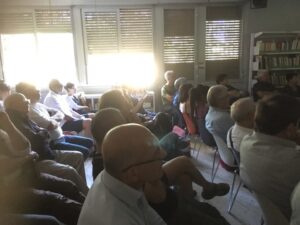
And this has led to the establishment in Rome of the first Faro Heritage Community, a group of individuals working to enhance part of the cultural heritage so that future generations can enjoy and support them, with the aim, therefore, to expand and transfer good practices also at European level.
The CPPC has started the evaluation process to obtain recognition by the Council of Europe as Faro Heritage Community. The last activity carried out in this sense was the heritage walk organized on Saturday 22 September 2018 as part of the European Heritage Days. The CPPC has passed the fourth step of the process to become a Faro Heritage Community.
In the meantime, the work carried out in the Co-Distretto has been recognised as good practice and included as such in the report on participatory governance of cultural heritage within the European Agenda on Culture.
